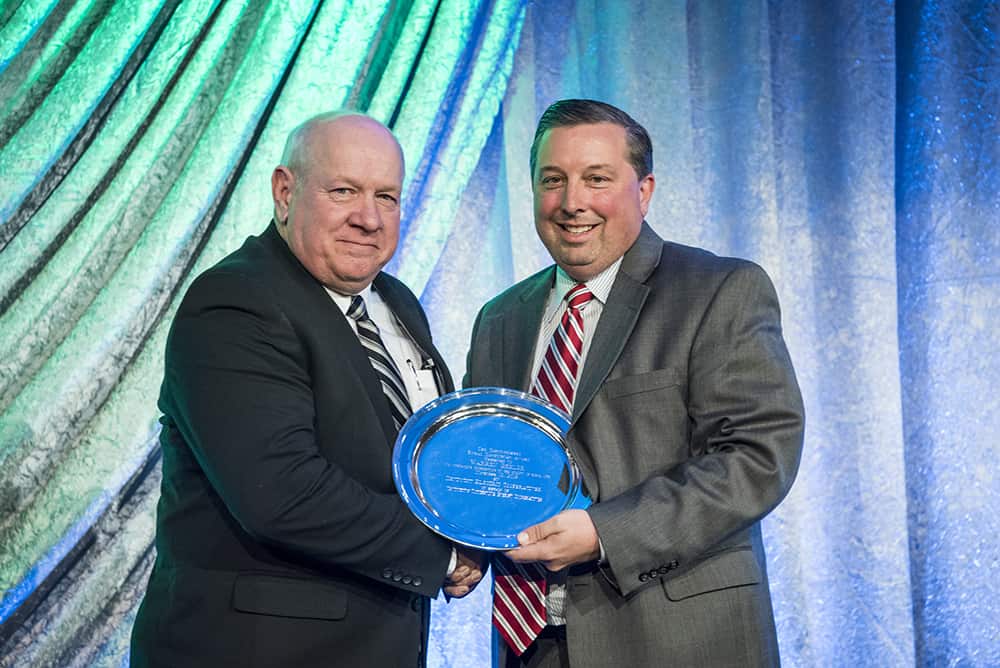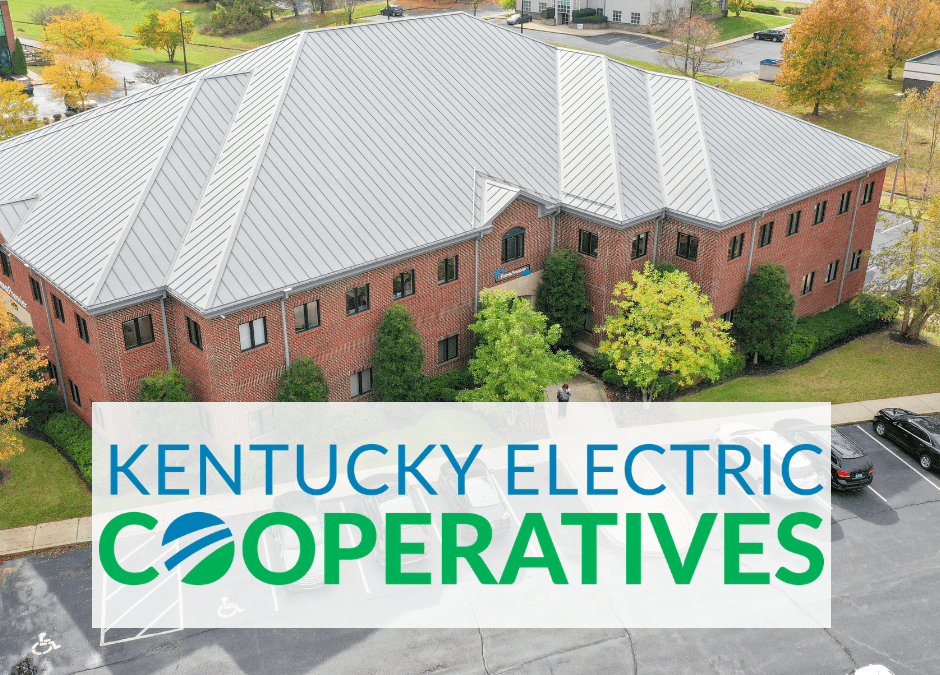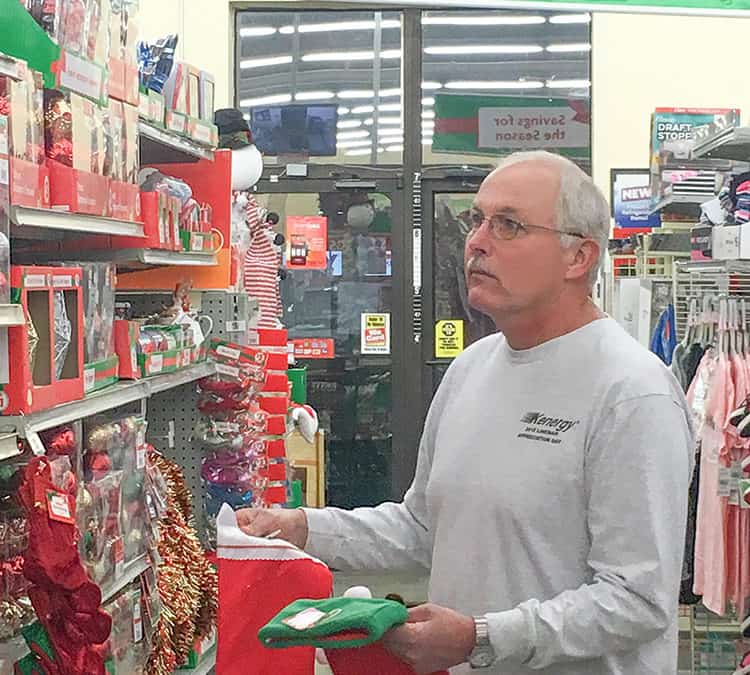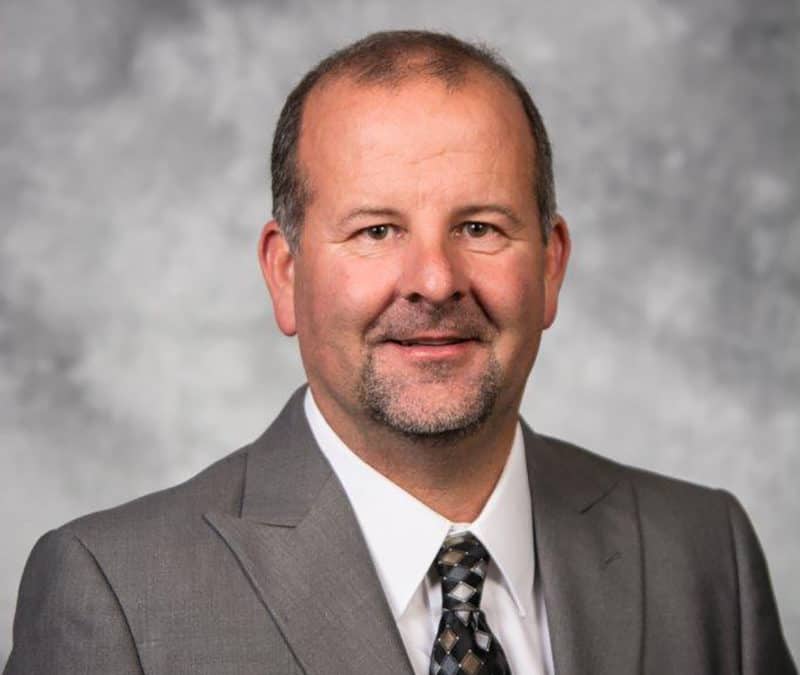Company to create 30 jobs in Inter-County Energy service territory
FRANKFORT (Dec. 13, 2018) – Diageo, a global producer of beverage alcohol, will locate a $130 million distillery in Lebanon creating 30 full-time jobs.
“It was just last year that we unveiled Diageo’s Bulleit distillery in Shelbyville, and this latest investment is another example of continued growth for the company and within our bourbon and spirits industry,” said Gov. Matt Bevin said. “We are honored to broaden our relationship with Diageo and are grateful for their further commitment to Kentucky.”
Diageo will locate the entire manufacturing facility – including a distillery, dry house and warehousing – in Lebanon. Company leaders expect the project to begin in summer 2019 and go operational by early 2022.
Joe Spalding, chairman of the board at East Kentucky Power Cooperative, serves on the local industrial development authority and is chairman of Inter-County Energy, one of Kentucky’s Touchstone Energy Cooperatives. He noted the widespread efforts needed to secure the project.
“Diageo’s investment in the Kentucky bourbon industry and the local community is vitally important, and we welcome them,” Spalding said. “Inter-County Energy has worked with Diageo to meet this distillery’s needs for affordable, reliable energy.”
In 2017, Gov. Bevin joined Diageo executives to cut the ribbon on the company’s Bulleit Distilling Co. facility in Shelbyville. The approximately $140 million, 30-job Shelbyville operation includes a 3 million proof gallon distillery and currently six barrel warehouses. A new Visitor Experience at the site is scheduled to open to the public in summer 2019.
In recent years, the company also invested in a restoration of Stitzel-Weller in Louisville, including a Visitor Experience, bottling line and experimental still. Currently, Diageo employs more than 100 people in Kentucky.
“We thank the Kentucky Economic Development Finance Authority, Gov. Matt Bevin, the Marion County Industrial Foundation and the City of Lebanon for their continued support of Diageo as we look to further invest in Kentucky’s spirits industry,” said Barry Becton, senior director of federal affairs and whiskey at Diageo North America. “Bourbon and American whiskey are vibrant and growing categories and we are excited to expand Diageo’s footprint in Kentucky to support our ambitions in this space.”
Diageo is a global beverage alcohol producer with a collection of brands that includes Bulleit and Buchanan’s whiskies, Johnnie Walker, Crown Royal, Smirnoff, Cîroc and Ketel One vodkas, Captain Morgan, Baileys, Don Julio, Tanqueray and Guinness.
Diageo’s products sell in more than 180 countries. The company employs more than 30,000 people globally with offices in 80 countries. In addition to North America, it also operates manufacturing facilities in Great Britain, Ireland, Canada, Spain, Italy, Australia, India, Africa, Latin America and the Caribbean.
Sen. Jimmy Higdon, of Lebanon, welcomed Diageo’s investment.
“This new distillery is an exciting opportunity for Lebanon,” Sen. Hidgon said. “Diageo is a leading premium beverage producer that has been proven valuable to Kentucky’s world famous bourbon industry. This could be one of the biggest developments in recent Marion County history. I am hopeful that this investment will encourage tourism and future development within our community.”
Rep. Brandon Reed, of Hodgenville, noted the impact the additional employment will bring.
“New jobs and business growth are always good news in our rural areas,” Rep. Reed said. “More jobs and economic opportunity are the positive trends we continue to see thanks to the pro-business policies coming out of Frankfort, and I’m excited about the economic opportunity that this announcement will provide to families in Marion County.”
Lebanon Mayor Gary Crenshaw said Diageo will help drive the local bourbon industry.
“With Marion County’s rich history in the bourbon industry we are proud and humbled to add Diageo’s name to this evolving legacy,” Mayor Crenshaw said.
Marion County Judge-Executive David Daugherty said the project is the result of hard work.
“Marion County has worked hard to create good jobs for the skilled workforce in Central Kentucky and we welcome Diageo’s commitment to help us continue our efforts,” Judge-Executive Daugherty said.
Freddie Higdon, president of the Marion County Industrial Foundation, thanked those involved in getting the project to this stage.
“We need to recognize the city, county and community leaders for their aggressive, visionary leadership in developing infrastructure that allows us to attract an industry with worldwide recognition,” Higdon said.
To encourage the investment and job growth in the community, the Kentucky Economic Development Finance Authority (KEDFA) on Thursday preliminarily approved the company for tax incentives up to $2.5 million through the Kentucky Business Investment program. The performance-based incentive allows a company to keep a portion of its investment over the agreement term through corporate income tax credits and wage assessments by meeting job and investment targets.
Additionally, KEDFA approved Diageo for up to $1.5 million in tax incentives through the Kentucky Enterprise Initiative Act (KEIA). KEIA allows approved companies to recoup Kentucky sales and use tax on construction costs, building fixtures, equipment used in research and development and electronic processing.
Diageo also can receive resources from the Kentucky Skills Network. Through the Kentucky Skills Network, companies can receive no-cost recruitment and job placement services, reduced-cost customized training and job training incentives.
For more information on Diageo, visit www.Diageo.com.














